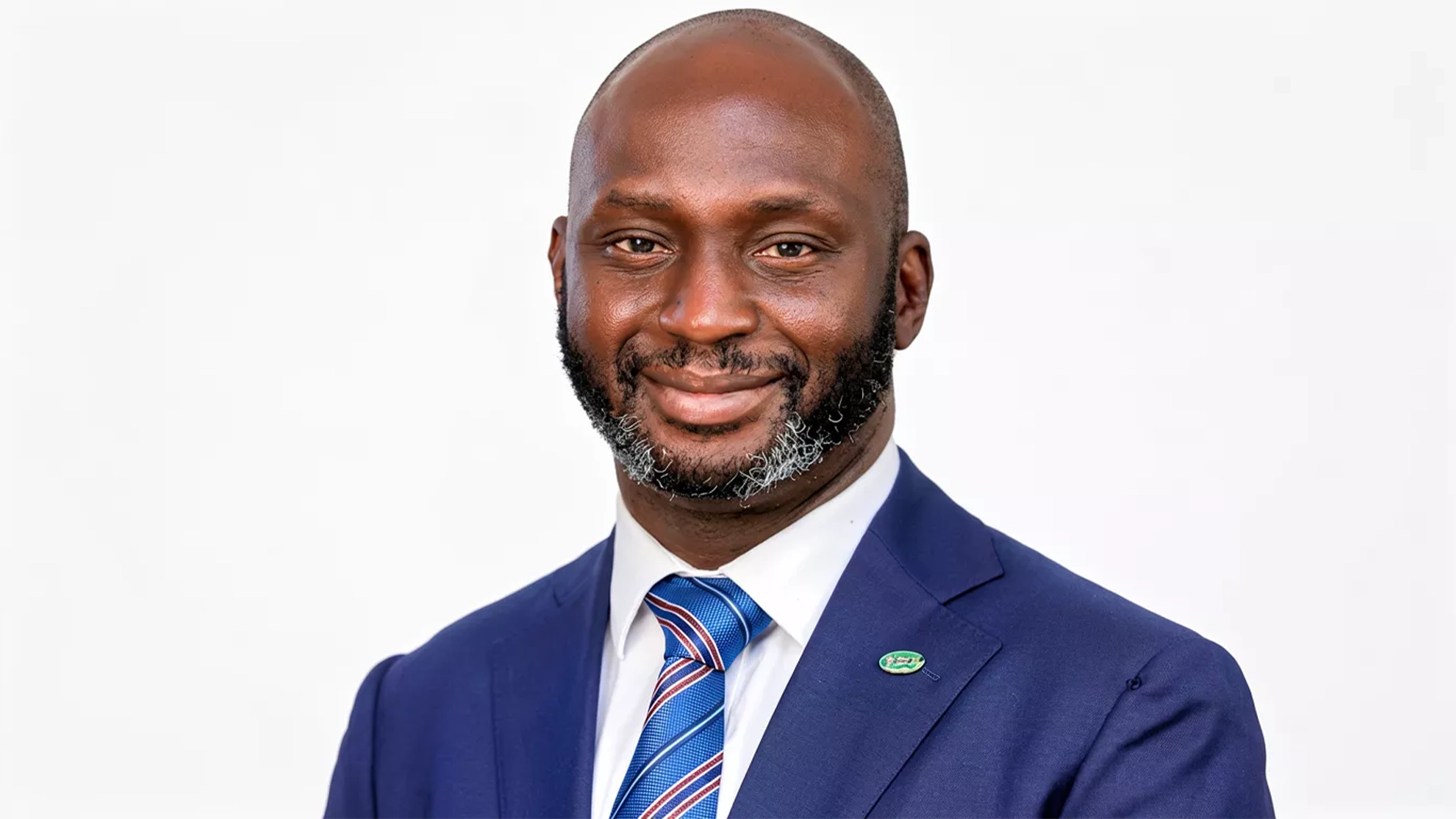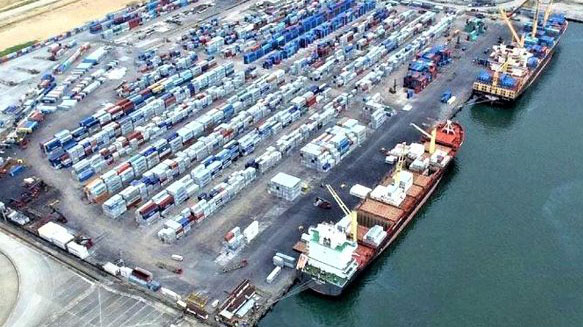
The Minister of the Marine and Blue Economy, Adegboyega Oyetola, has stated that tackling illegal, unreported and unregulated fishing, harnessing marine tourism, safety and security top the agenda of his administration.
Speaking during a working visit to NIMASA headquarters in Lagos, where he met top management staff of the agency, the minister said that the time has come for Nigeria to fully harness its vast potentials in the maritime sector, noting that the working visit was to ascertain and properly appraise the situation of things with a view to taking practical steps and measures towards addressing them.
Speaking further, the minister noted that it was time for Nigeria to float a national carrier, stressing that through a Public-Private-Partnership (PPP) arrangement, and the support of stakeholders, such a plan would be achieved in the interest of the maritime industry and Nigeria as a whole.
The minister stated that the management of the resources of Nigeria’s Marine and Blue Economy requires proactive, smart and strategic thinking. He, therefore, called for the rediscovery, harnessing and packaging of the nation’s maritime resources, including seafoods, in line with all associated international standards and specifications.
Oyetola, who bemoaned foreign dominance of the fishing industry, assured that under his watch, it would no longer be business as usual.
In his words: “According to the National Bureau of Statistics (NBS), the fisheries sector contributed 1.09 per cent of the country’s total GDP in the year 2020 and 0.9 per cent in the Q3 of 2021. We are regarded as a net importer of fishery products. But we are determined to change the narrative by putting in place measures to make Nigeria a major player in that regard.”
Oyetola stressed that safety and security of the maritime corridors of Nigeria was a priority in his agenda for the ministry, noting that without safety and security there can never be a meaningful achievement in the industry.
He added that with the rich endowments of the country’s marine and blue economy, Nigeria has no justification not to develop marine tourism, a revenue-spinner for most countries, especially at the period when diversification of the economy from oil was sacrosanct.
According to him: “Nigeria accounts for about 853 kilometres of the estimated 47,000 kilometres of coastline in Africa. Nigeria has one of the largest wetlands in the world, with its coastal and marine ecosystems covering a total of 70,000 square kilometres. There are countries around the world that rely solely on earnings from the tourism sector.
The minister commended the management of NIMASA under the leadership of Dr. Bashir Jamoh, OFR, for his grit and determination in ensuring that the agency fulfills its mandates.
Jamoh, in his opening remarks, declared that the minsiter’s appointment was unique and timely.






